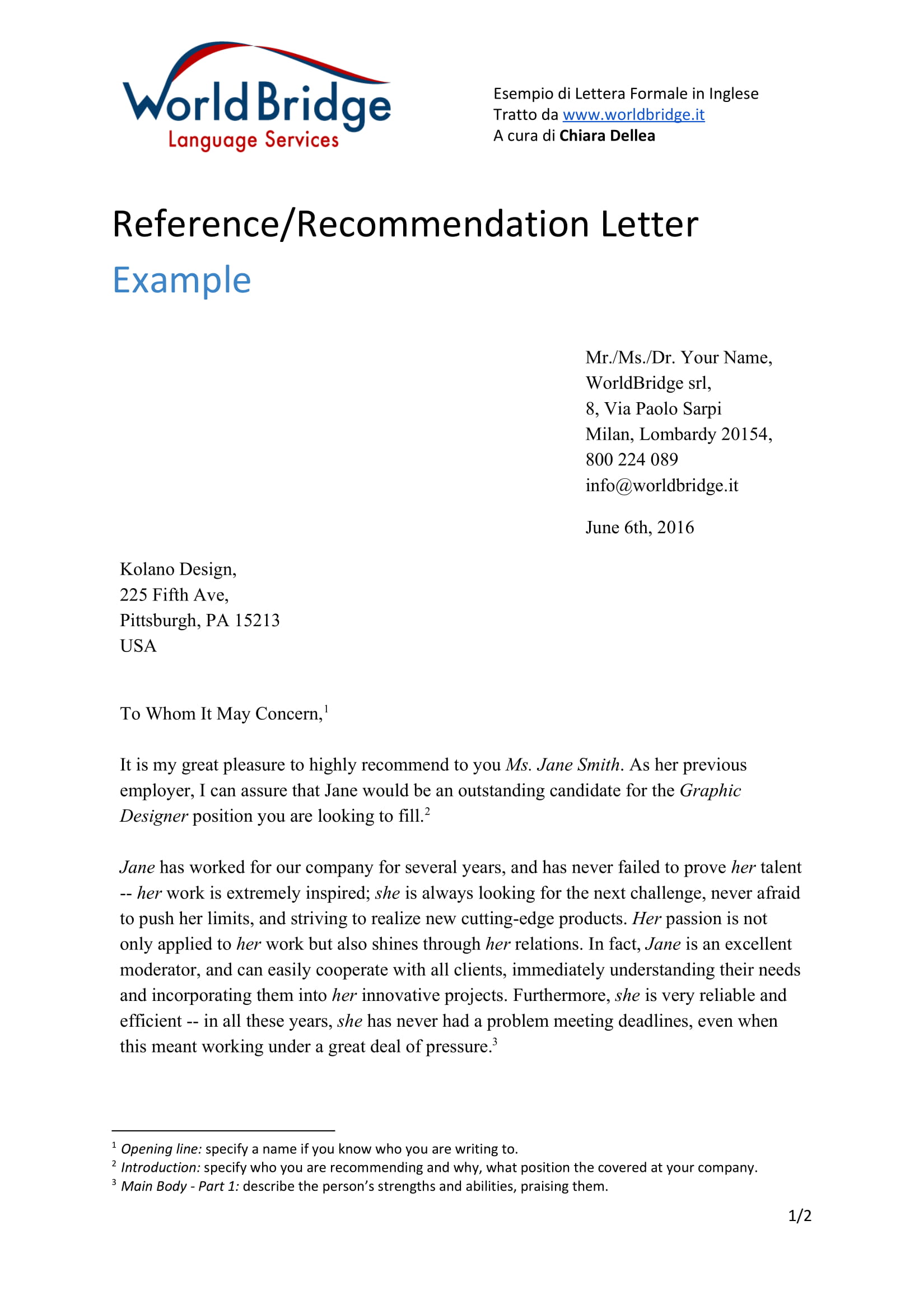Microsoft-Activision Deal: FTC's Appeal And What It Means

Table of Contents
The FTC's Argument Against the Merger
The FTC's core argument centers around the potential negative impact of the merger on competition and the broader gaming ecosystem.
Concerns about Competition
The FTC argues that the Microsoft-Activision Deal would significantly reduce competition within the gaming market, particularly affecting console gaming and subscription services. This concern is rooted in several key areas:
- Reduced competition in console gaming (Xbox vs. PlayStation): Acquiring Activision Blizzard, a major game publisher, would give Microsoft a significant advantage over its main competitor, Sony PlayStation, potentially hindering innovation and fair competition in the console market. This includes potential exclusive titles and preferential treatment for Xbox.
- Stifling innovation in cloud gaming services (Game Pass): The FTC fears that Microsoft could leverage Activision Blizzard's popular franchises (like Call of Duty) to bolster its Game Pass subscription service, giving it an unfair edge over competitors and limiting consumer choice in cloud gaming.
- Limiting consumer choice regarding game access: The merger could lead to fewer choices for gamers, especially with regards to platform exclusivity and pricing models. This could also affect the availability of games on competing platforms and services.
- Potential for increased pricing and reduced quality of games: With less competition, the argument goes, Microsoft could potentially increase prices for Activision Blizzard games or reduce their quality without facing significant consequences.
Impact on Game Developers
Beyond the consumer-facing implications, the FTC also raises concerns about the potential negative effects on independent game developers. The increased market power resulting from the Microsoft-Activision Deal could:
- Reduce access to publishing deals: Independent developers might find it harder to secure publishing agreements, potentially limiting their opportunities for growth and success.
- Lead to exclusive titles on Xbox platforms: This would further consolidate Microsoft's power, creating an uneven playing field for developers and limiting the choices for gamers on other platforms.
- Encourage anti-competitive practices regarding game development: The FTC worries about the potential for Microsoft to use its newfound power to suppress competition through unfair or anti-competitive practices within the game development industry.
The Judge's Initial Ruling and the FTC's Appeal
The legal battle surrounding the Microsoft-Activision Deal has been dramatic.
The Initial Dismissal
A US District Judge initially dismissed the FTC's lawsuit to block the merger. The judge ruled that the FTC failed to provide sufficient evidence to prove the deal would substantially lessen competition.
- Summary of the judge's reasoning: The judge's decision highlighted a lack of compelling evidence that the merger would significantly impact competition in the broader gaming market.
- Key evidence presented by both sides in court: Microsoft presented arguments emphasizing the benefits of the merger, while the FTC highlighted the potential for anti-competitive practices and market dominance.
- Analysis of the judge’s legal interpretation of antitrust laws: The judge's interpretation of relevant antitrust laws became a key point of contention, with the FTC arguing for a more expansive view of potential market harm.
The FTC's Appeal and its Significance
Undeterred by the initial dismissal, the FTC appealed the decision to the Ninth Circuit Court of Appeals. This appeal is a significant development in the case, potentially significantly delaying or even preventing the merger's completion.
- The grounds for the appeal: The FTC's appeal centers on challenging the judge's interpretation of antitrust laws and highlighting the alleged flaws in the evidence assessment.
- Likelihood of success for the FTC's appeal: The likelihood of success remains uncertain; the appeal process will involve rigorous legal scrutiny of the original ruling and the evidence presented.
- The timeline for the appeal process: The appeal process could take months or even years, significantly delaying the final resolution of the merger.
Potential Outcomes and Their Implications
The outcome of the FTC's appeal will have far-reaching consequences for the gaming industry.
If the Appeal is Successful
A successful FTC appeal would likely result in the complete blocking of the Microsoft-Activision Deal. This outcome would maintain the current competitive landscape:
- Impact on Microsoft's gaming strategy: Microsoft would need to revise its gaming strategy, potentially missing out on acquiring key Activision Blizzard franchises and assets.
- Impact on Activision Blizzard's future: Activision Blizzard would remain an independent entity, potentially facing challenges and uncertainties in navigating the competitive gaming market.
- Implications for future mergers and acquisitions in the industry: A successful appeal could set a significant precedent, influencing future mergers and acquisitions in the tech and gaming sectors.
If the Appeal is Unsuccessful
Conversely, an unsuccessful appeal would pave the way for the merger's completion, dramatically reshaping the gaming landscape:
- Microsoft's increased market power: Microsoft's market dominance in the gaming industry would significantly increase, raising concerns about potential monopolies and anti-competitive practices.
- Potential changes to game pricing and availability: The merger could lead to changes in pricing strategies and potentially affect the availability of games across different platforms.
- The long-term effects on game development and distribution: The long-term effects on game development and distribution remain uncertain, with potential implications for smaller developers and consumers.
Conclusion
The FTC's appeal against the Microsoft-Activision Deal has far-reaching implications for the future of gaming. The outcome will define the competitive landscape, impacting game developers, publishers, and ultimately, gamers worldwide. This legal battle highlights the complexities of antitrust regulation in the fast-paced world of technology. Staying informed about the progress of this appeal is crucial for anyone invested in the future of the gaming industry. Keep abreast of the latest developments regarding the Microsoft-Activision merger to fully understand its impact on the gaming world.

Featured Posts
-
 Trumps Legacy A Herculean Task For The Next Federal Reserve Chair
Apr 26, 2025
Trumps Legacy A Herculean Task For The Next Federal Reserve Chair
Apr 26, 2025 -
 Ryujinx Emulator Shut Down Following Nintendo Contact
Apr 26, 2025
Ryujinx Emulator Shut Down Following Nintendo Contact
Apr 26, 2025 -
 Price Gouging Allegations Surface In Los Angeles After Recent Fires A Selling Sunset Perspective
Apr 26, 2025
Price Gouging Allegations Surface In Los Angeles After Recent Fires A Selling Sunset Perspective
Apr 26, 2025 -
 The Rise Of Chinese Automakers Are They Poised For Global Success
Apr 26, 2025
The Rise Of Chinese Automakers Are They Poised For Global Success
Apr 26, 2025 -
 Re Hired After Layoff Navigating A Return To Your Former Employer
Apr 26, 2025
Re Hired After Layoff Navigating A Return To Your Former Employer
Apr 26, 2025
